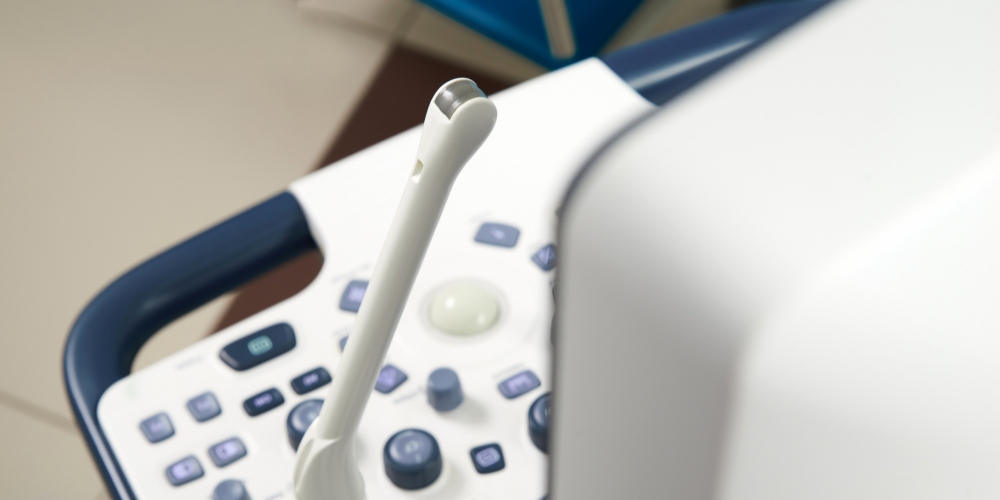Steps you can take to improve egg quality

Improving egg quality naturally*
This article is sponsored by Fairhaven Health.
Google ‘how to improve egg quality’ (trust us, we have – many times over), and it’s easy to think that age is all that matters.
Age is a crucial part of the equation, for sure. But so is establishing tip-top baseline health. When it comes to egg quality and ovarian health, these are the tactics and focuses we put at the top of the list, to give our TTC (trying to conceive) goals the vital edge:
- minimizing/avoiding toxins
- healthy circulation (focusing on great blood flow and oxygenation)
- hormonal support*
- targeted nutrition
- supplementation (Fairhaven Health is our go-to for egg health goals)*
- stress management
- building in supportive therapies, including acupuncture and other aspects of Traditional Chinese Medicine (TCM)
There’s not much we can do about age. But reducing toxic load, balancing hormones, changing up our supplement routine, and seeing clinically-proven results from an expert acupuncturist – these we can do.
Keep reading for the factors that count, and how to get dynamic results.

Figuring out how to improve egg quality starts with the basics
Before we dive in, let’s unpack what we mean by ‘egg quality’. In scientific terms, egg quality refers to the chromosomal status of an egg cell.
- euploid (normal, with 23 chromosomes), or
- aneuploid (abnormal, with more or less than 23 chromosomes)
Aneuploidy (abnormality of our eggs) is surprisingly common even in women in their 20s and 30s, with up to 25% of eggs being abnormal. As women age, the number of abnormal eggs increases to up to 50%. An abnormal egg can have a harder time fertilizing, implanting, and developing into a viable pregnancy. So it’s crucial that we pull as many levers as possible to protect the eggs we have, and support ovarian health through targeted nutrition, supplementation, and encouraging circulation to and throughout the reproductive system.*

Signs of bad egg quality – anything I should watch out for?
Testing for egg quality in itself is difficult, and not something you can do at home. If poor egg quality is suspected, medical teams will often look into these test options, plus a few others:
- ovarian reserve testing
- clomiphene citrate tests
- antral follicle count exams
- gonadotropin response
That’s the medical standpoint. But what about the action we can take ourselves, to get ahead of the process and preserve our egg health? Let’s hit on a few proven ways to support our egg health, naturally.
If you’re TTC (or planning to in the near future), jump on these lifestyle tweaks now to set up the best baseline for egg health and overall fertility.
1. Minimize/reduce toxins
If you’re looking for optimized egg health, you’ll definitely want to avoid smoking or taking illegal drugs. Other known toxins – caffeine and alcohol being two of the most well-researched – are more of a gray area.
The occasional cup of coffee or glass of wine when you’re TTC aren’t going to impact your egg health. But regular drinking, or an entrenched coffee habit, needs to be addressed. For the TRB team, a helpful mindset is to ‘act like you’re pregnant’ if in doubt. After working hard to optimize your fertility, you wouldn’t down the espressos in those early weeks of pregnancy. So don’t while you’re TTC, and cut right back on alcohol.
If you’re worried, look for an antioxidant-based prenatal or fertility supplement as part of your optimized egg quality tool kit. FH PRO for Women is a TRB team favorite – it features an impressive spectrum of antioxidants, including CoQ10, Melatonin, Beta-Carotene, Vitamins C & E, Alpha Lipoic Acid, Grapeseed Extract, Resveratrol (get it from your supplement, rather than your Pinot Noir!), Zinc, Selenium, and N-Acetyl-Cysteine.
Antioxidants like these can support a healthy response to free radical damage on your eggs.*

2. Aim for healthy circulation and blood flow
Traditional Chinese Medicine (TCM) follows the same principle, and it makes sense – you want the blood flowing freely to your reproductive system. Alongside the uterus, this is very much about the ovaries and ensuring healthy oxygenation. Research shows that well-vascularized and oxygenated follicles are more likely to produce eggs with a better potential to implant once fertilized.
So, what can we do to get that blood flow going? Build these habits and tweaks into your daily routine:
- stay hydrated – dehydration is never good, but in terms of blood flow, it can contribute to stagnation and even thickening
- look into fertility massage – ‘this was a game-changer for me’, says our Senior Editor Jessie Day ‘I saw dynamic results from just one session with a recommended therapist’
- get moving – exercise is vital, but it doesn’t have to be a go-hard or go-home mentality. Our top tip is to move, but in a way that feels good to you. If that’s a run, go for it. But it could also be a short walk every morning, swimming, dance, or yoga
- keep warm – once you’re home from that walk or swim, pile on the layers, and don’t forget your warmest socks. TCM stresses the importance of keeping warm for optimized circulation, so this is your excuse to get cozy!
3. Go for nutrient density
Good nutrition is a cornerstone of optimized egg health and quality. Rather than stressing about the perfect fertility diet to improve egg quality (it doesn’t exist), think nutrient density. Every meal/bite/snack is an opportunity to pack a nutrient punch, so during this time, focus on these wonderful whole foods for an egg health boost:
- superfoods like maca and royal jelly
- greens, including broccoli, spinach, kale, arugula
- berries (any type will do!)
- animal proteins – add salmon and other oily fish where you can
- store-cupboard spices, including circulation-boosting ginger, and turmeric
Get rid of nasties like trans fats, low-fat diet products, and processed foods while you’re at it, and cut right back on refined sugar. For a natural sweetener, we love a dot of maple syrup, honey, or even a dash of cinnamon for an added egg health boost.

4. Up your supplement game
If you’re serious about your egg health, now is the time to ditch the generic multivitamin and commit to something targeted.
For egg health, we look for a daily preconception multivitamin which features specific micronutrient support. The expert team at Fairhaven Health have developed just the thing in their FH PRO for Women fertility supplement, which packs in a powerful blend of micronutrients and antioxidants, plus:*
- Melatonin, Methylfolate (a bioavailable form of folic acid) and Myo-inositol – a well-known trio for supporting egg health*
- CoQ10 – as well as antioxidant support, this superstar ingredient supports a healthy response to free radicals by promoting cellular energy production*
Looking to supercharge your supplement routine but already have your multivitamin needs covered? We also love OvaBoost*, which is specifically designed to support egg health and ovarian function.* This option is great if you’re happy with your baseline nutrition or prenatal supplement, but want to target those key antioxidants, plus the myo-inositol, methylfolate, and melatonin trio.
For the latest in egg health support, Fairhaven Health’s newest supplement, CycleBoost*, contains two powerful nutrients to support fertility health – Myo-Inositol + D-Chiro Inositol – in a convenient drinkable format. This combination is designed to support healthy hormone balance, ovulation, egg quality, and menstrual cycle regularity.*
Looking for more? Pick up our winter tool kit guide – good for all-year-round, but especially in the colder months when you might need a blood flow boost or reasons to focus on nutrient density. And, of course, that cozy factor.
Fairhaven Health is our go-to for targeted, clinically-proven egg health support.* Our readers automatically get 15% off with code TRB15 – try it now and let us know how you get on.
*These statements have not been evaluated by the Food and Drug Administration. These products are not intended to diagnose, treat, cure, or prevent any disease.




